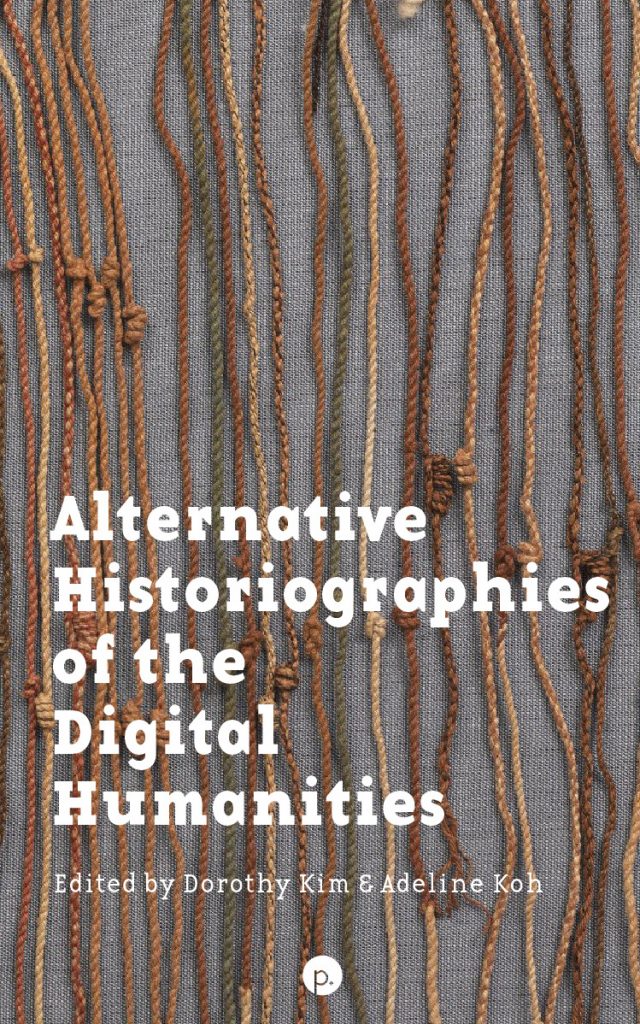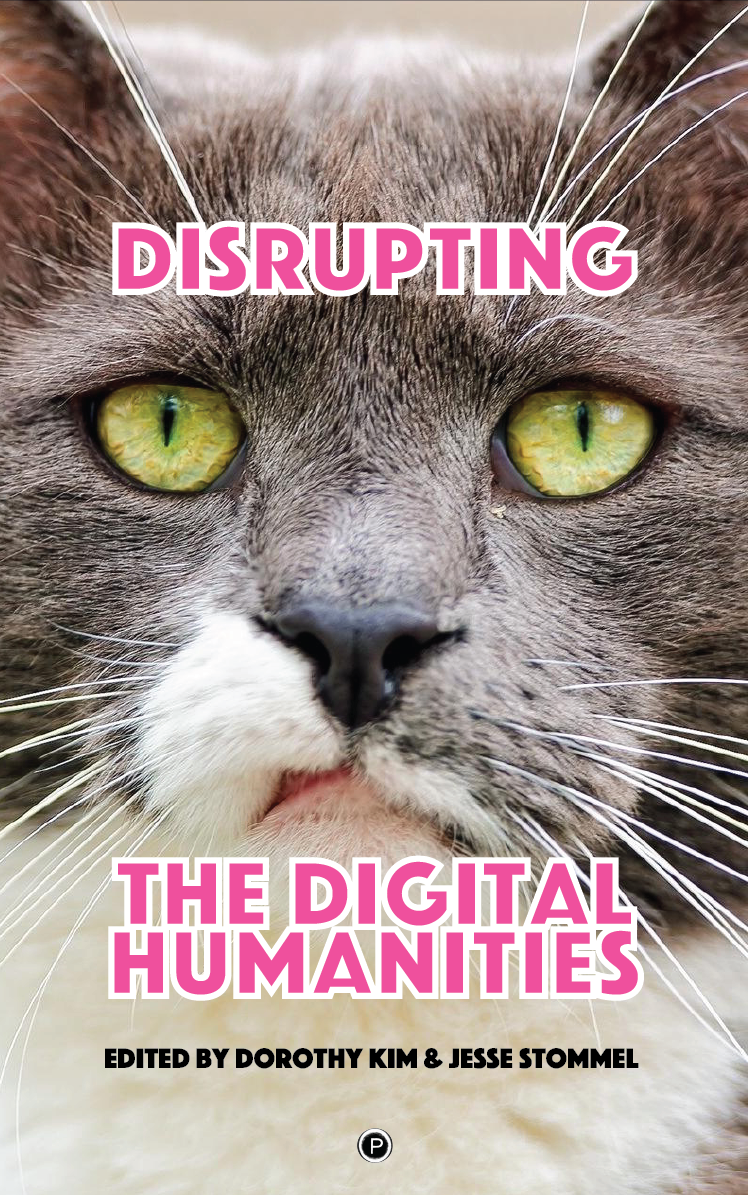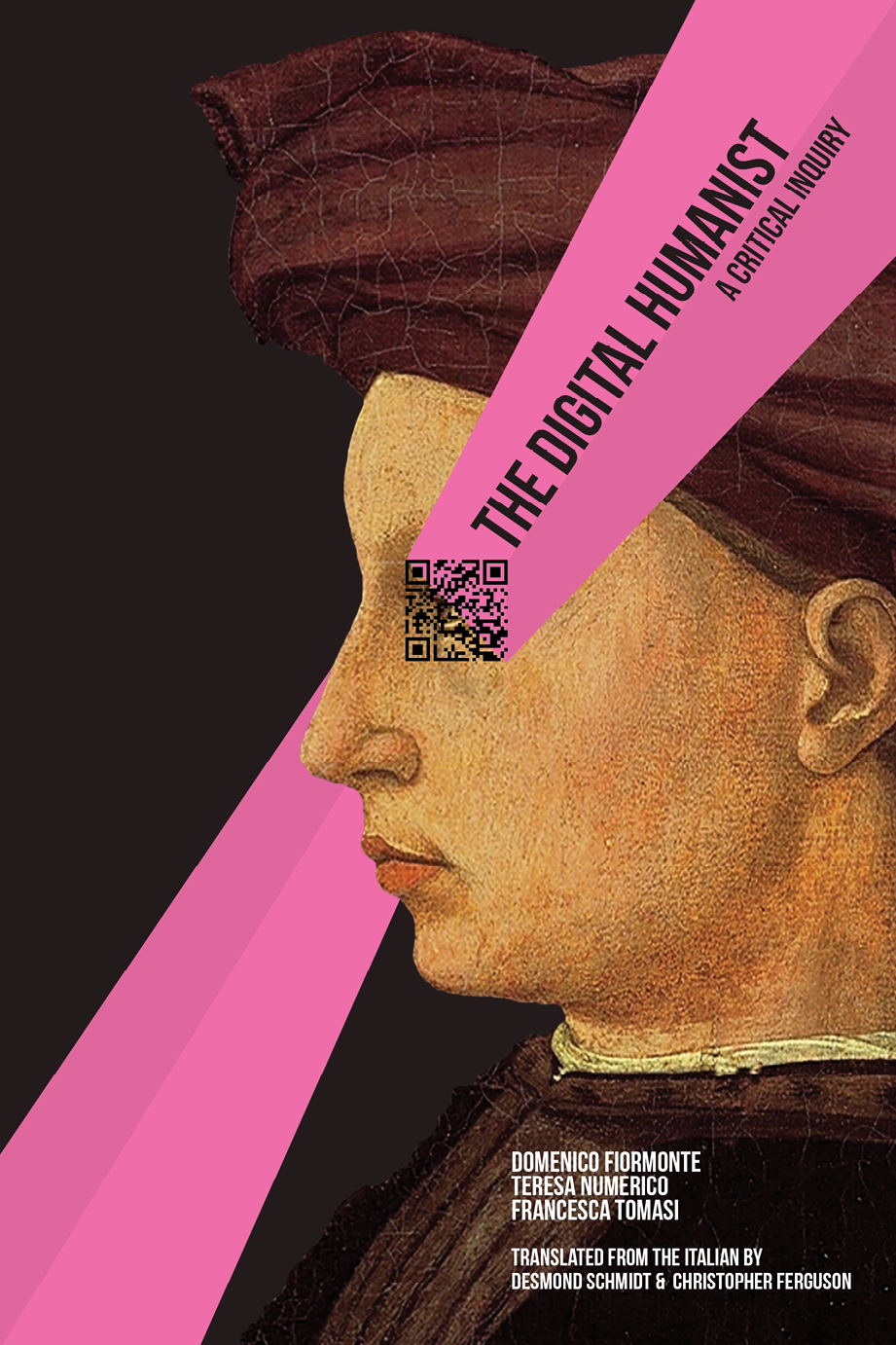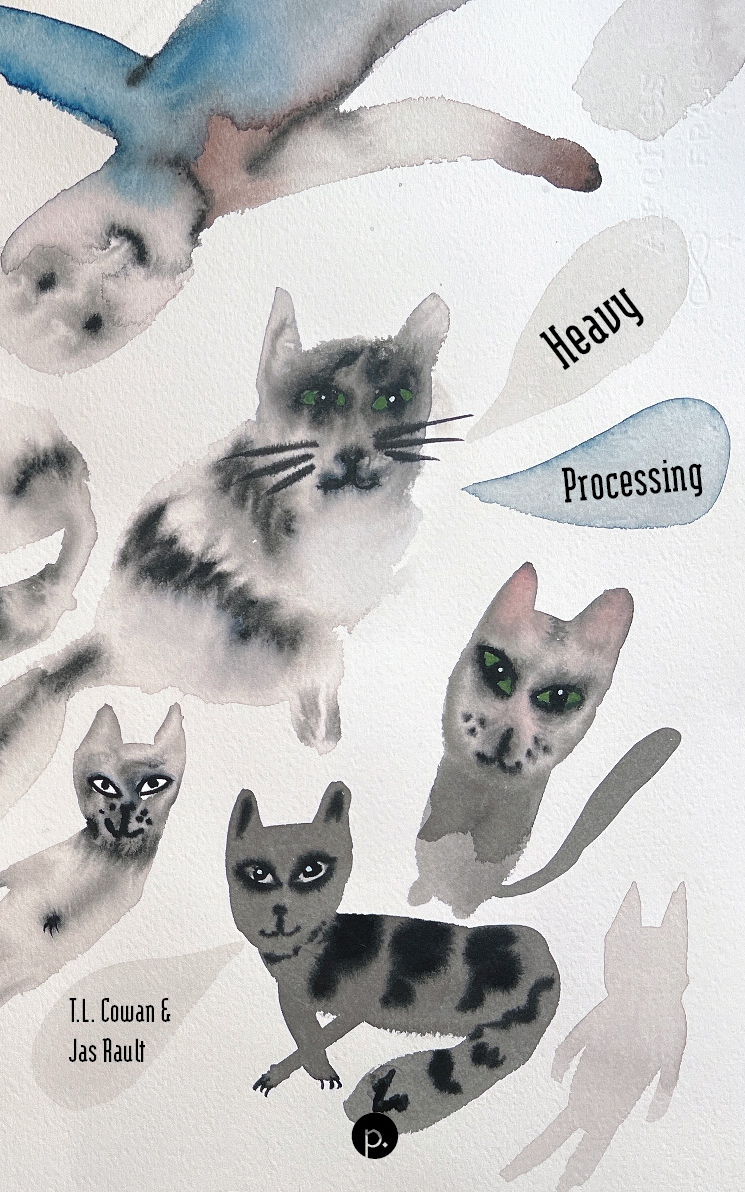WINNER of the American Studies Association’s 2021 Garfinkel Prize in the Digital Humanities
~~~
In Silencing the Past: Power and the Production of History, Michel-Rolph Trouillot writes that by examining the process of history we can “discover the differential exercise of power that makes some narratives possible and silences others.” Alternative Historiographies of the Digital Humanities examines the process of history in the narrative of the digital humanities and deconstructs its history as a straight line from the beginnings of humanities computing. By discussing alternatives histories of the digital humanities that address queer gaming, feminist game studies praxis, Cold War military-industrial complex computation, the creation of the environmental humanities, monolingual discontent in DH, the hidden history of DH in English studies, radical media praxis, cultural studies and DH, indigenous futurities, Pacific Rim postcolonial DH, the issue of scale and DH, the radical, indigenous, feminist histories of the digital database, and the possibilities for an antifascist DH, this collection hopes to re-set discussions of the straight, white origin myths of DH. Thus, this collection hopes to reexamine the silences in such a straight and white masculinist history and delineates how power comes into play to shape this straight, white DH narrative.
A number of the pieces in this volume go back to the origin myth of the digital humanities to reassess the hagiography of Father Busa by reconsidering and recontextualizing his legacy and his work in relation to media archaeology, politics, Cold War maneuvers, mechanized genocide, the Third Reich, and the military-industrial complex as it has organized various fields, including Asian Studies. This reassessment of comparative genealogies — vis-à-vis Foucault — undergirds an alternative history of the Jesuit hagiography we have so far been unwilling to reexamine for its narrative use in embellishing an origin hagiography/historiography for digital humanities. Other pieces intertwine the digital humanities with other fields — area studies, Asian American Studies, cultural studies, literary studies, and environmental studies — in order to reexamine how the intersections and juxtapositions reveal silences in these histories. And finally, a number of pieces considers alternative praxes in rethinking these histories, whether it is an essay that is a game or a reevaluation of feminist media praxis.
CONTENTS
Introduction
“Media Histories, Media Archaeologies, and the Politics and Genealogies of the Digital Humanities” by Dorothy Kim
Presents
“Digital Humanities and/as White Supremacy: A Conversation about Reckonings,” an interview with David Golumbia by Dorothy Kim
“Towards a Digital Cultural Studies: The Legacy of Cultural Studies and the Future of Digital Humanities” by Carly A. Kocurek
Histories
“Cold War Computations and Imitation Games: Recalibrating the Origins of Asian American Studies” by Cathy J. Schlund-Vials
“Punching Holes in the International Busa Machine Narrative” by Arun Jacob
“Embodying the Database: Race, Gender, and Social Justice” by Dorothy Kim
“Why Are the Digital Humanities So Straight?” by Edmond Y. Chang
Praxis
“The Self-Reflexive Praxis at the Heart of DH” by Alexandra Juhasz
“Training Designer Two: Ideological Conflicts in Feminist Games + Digital Humanities” by Anastasia Salter and Bridget Blodgett
Methods
“Toward a Diligent Humanities: Digital Cultures and Archives of Post-1965 Indonesia” by Viola Lasmana
“Taxation against Overrepresentation? The Consequences of Monolingualism for Digital Humanities” by Domenico Fiormonte
“Pitching the ‘Big Tent’ Outside: An Argument for the Digital Environmental Humanities” by Alenda Y. Chang
Indigenous Futures
“An Indigenist Internet for Indigenous Futures: DH Beyond the Academy and ‘Preservation’” by Siobhan Senier
“The Ancestors in the Machine: Indigenous Futurity and Games,” by Jordan Clapper
Break (Up, Down, Out, In) DH and Black Futurities
“Breaking and (Re)Making” by Ravynn K. Stringfield
“Black Scholars and Disciplinary Gatekeeping” by Christy Hyman
“Dr. Nyanzi’s Protests: Silences, Futures, and the Present” by Nalubega Ross
“Against Lenticular Modeling: Missives on Locating Blackness from the WhatEvery1Says Project” by Jamal Russell





10 thoughts on “Alternative Historiographies of the Digital Humanities”